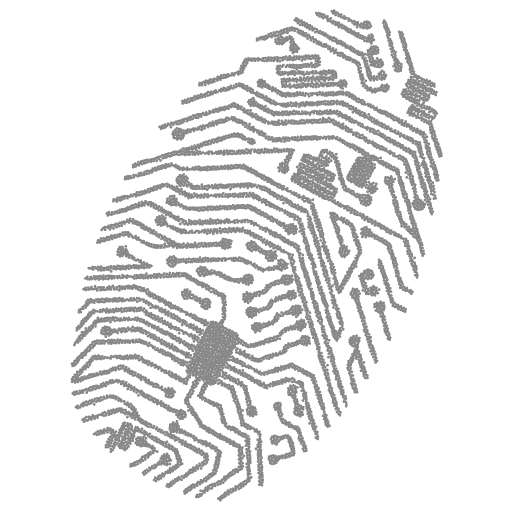Multiplayer gamesare an increasingly important market segment. All kinds of features allowing players to communicate during gameplay, such as voice communication and text chats, largely account for their popularity. While player interaction is desired by players themselves and game developers, it can involve inappropriate and even unlawful player behaviour. What is the provider of an online game to do in such a situation?
A chat in a multiplayergame can even be used to commit a crime. Therefore, providers of online games (in particular developers, but also publishers and distributors) need to be aware of the obligations this may entail. This is important given that a large number of gamers are younger people who may be exposed to criminal activity by other game users.











